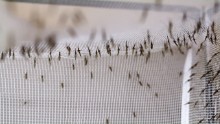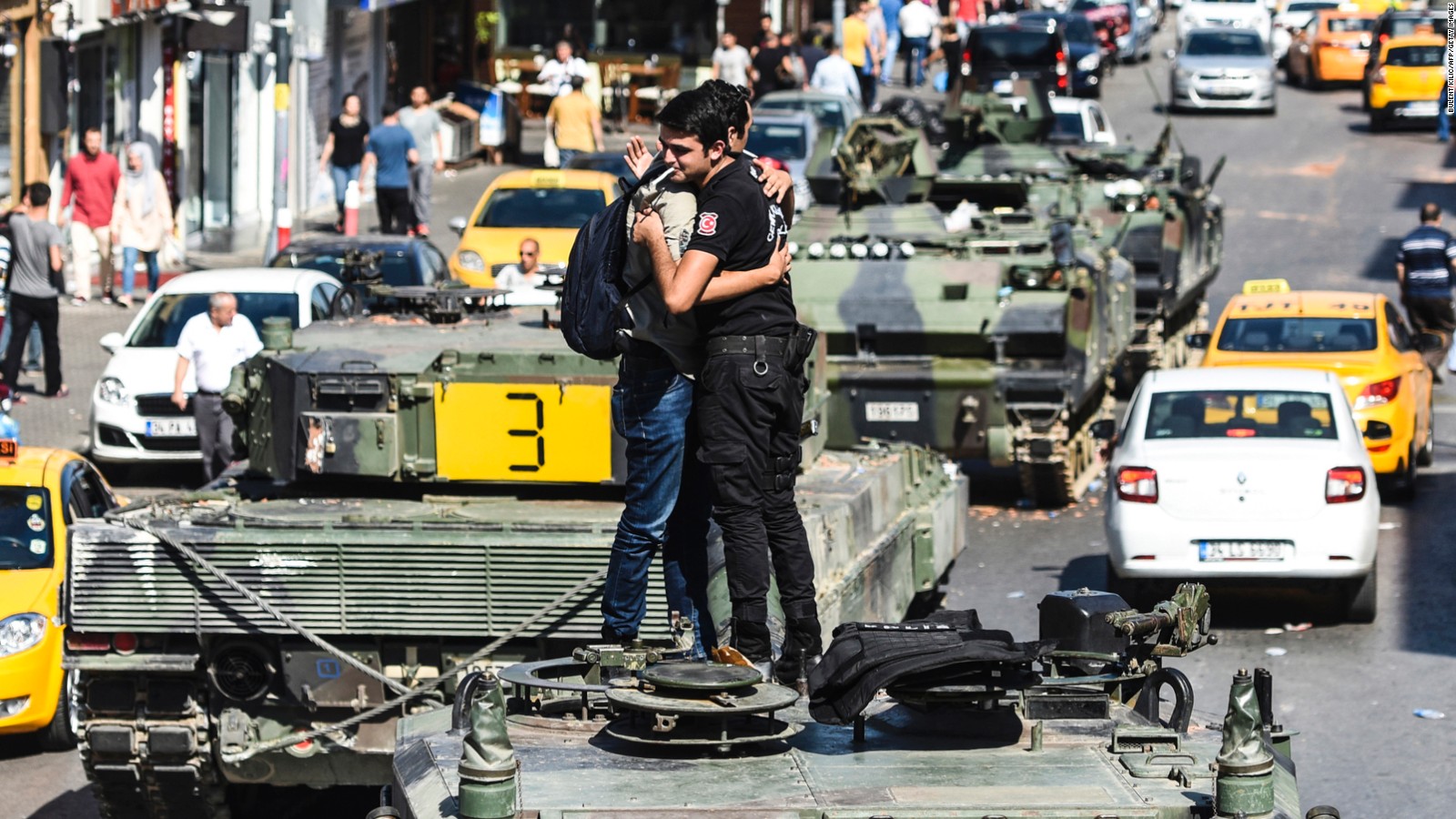
These eight practical tips cover the basics of healthy eating, and can help you make healthier choices.
Base your meals on starchy carbohydrates
Eat lots of fruit and veg
Eat more fish – including a portion of oily fish
Cut down on saturated fat and sugar
Eat less salt – no more than 6g a day for adults
Get active and be a healthy weight
Don't get thirsty
Don't skip breakfast
- Eat the right amount of calories for how active you are, so that you balance the energy you consume with the energy you use. If you eat or drink too much, you'll put on weight. If you eat and drink too little, you'll lose weight.
- Eat a wide range of foods to ensure that you're getting a balanced diet and that your body is receiving all the nutrients it needs.
Base your meals on starchy carbohydrates
Starchy carbohydrates should make up just over one third of the food you eat. They include potatoes, bread, rice, pasta and cereals.Choose wholegrain varieties (or eat potatoes with their skins on) when you can: they contain more fibre, and can help you feel full for longer.
Most of us should eat more starchy foods: try to include at least one starchy food with each main meal. Some people think starchy foods are fattening, but gram for gram the carbohydrate they contain provides fewer than half the calories of fat.
Keep an eye on the fats you add when you're cooking or serving these types of foods because that's what increases the calorie content, for example oil on chips, butter on bread and creamy sauces on pasta.
Eat lots of fruit and veg
It's recommended that we eat at least five portions of a variety of fruit and veg every day. It's easier than it sounds. A 150ml glass of unsweetened 100% fruit juice or smoothie can count as one portion, and vegetables cooked into dishes also count.Why not chop a banana over your breakfast cereal, or swap your usual mid-morning snack for a piece of fresh fruit?
Eat more fish – including a portion of oily fish
Fish is a good source of protein and contains many vitamins and minerals. Aim to eat at least two portions of fish a week, including at least one portion of oily fish. Oily fish contains omega-3 fats, which may help to prevent heart disease.Oily fish include:
- salmon
- mackerel
- trout
- herring
- fresh tuna
- sardines
- pilchards.
- haddock
- plaice
- coley
- cod
- canned tuna
- skate
- hake
You can choose from fresh, frozen and canned: but remember that canned and smoked fish can be high in salt.
Cut down on saturated fat and sugar
Saturated fat in our dietWe all need some fat in our diet, but it's important to pay attention to the amount and type of fat we're eating. There are two main types of fat: saturated and unsaturated. Too much saturated fat can increase the amount of cholesterol in the blood, which increases your risk of developing heart disease.
The average man should have no more than 30g saturated fat a day. The average woman should have no more than 20g saturated fat a day, and children should have less than adults.
Saturated fat is found in many foods, such as:
- hard cheese
- cakes
- biscuits
- sausages
- cream
- butter
- lard
- pies.
For a healthier choice, use just a small amount of vegetable oil or reduced-fat spread instead of butter, lard or ghee. When you're having meat, choose lean cuts and cut off any visible fat.
Sugar in our diet
Regularly consuming foods and drinks high in sugar increases your risk of obesity and tooth decay.
Sugary foods and drinks, including alcoholic drinks, are often high in energy (measured in kilojoules or calories), and if eaten too often, can contribute to weight gain. They can also cause tooth decay, especially if eaten between meals.
Many packaged foods and drinks contain surprisingly high amounts of free sugars. Free sugars are any sugars added to foods or drinks, or found naturally in honey, syrups and unsweetened fruit juices.
Cut down on:
- sugary fizzy drinks
- alcoholic drinks
- sugary breakfast cereals
- cakes
- biscuits
- pastries
Food labels can help: use them to check how much sugar foods contain. More than 22.5g of total sugars per 100g means that the food is high in sugar, while 5g of total sugars or less per 100g means that the food is low in sugar.
Get tips on cutting down sugar in your diet.
Eat less salt – no more than 6g a day for adults
Eating too much salt can raise your blood pressure. People with high blood pressure are more likely to develop heart disease or have a stroke.Even if you don’t add salt to your food, you may still be eating too much. About three-quarters of the salt we eat is already in the food we buy, such as breakfast cereals, soups, breads and sauces.
Use food labels to help you cut down. More than 1.5g of salt per 100g means the food is high in salt. Adults and children over 11 should eat no more than 6g of salt (about a teaspoonful) a day. Younger children should have even less.
Get tips on cutting down on salt in your diet.
Get active and be a healthy weight
Eating a healthy, balanced diet plays an essential role in maintaining a healthy weight, which is an important part of overall good health.Being overweight or obese can lead to health conditions such as type 2 diabetes, certain cancers, heart disease and stroke. Being underweight could also affect your health.
Check whether you're a healthy weight by using our Healthy weight calculator.
Most adults need to lose weight, and need to eat fewer calories to do this. If you're trying to lose weight, aim to eat less and be more active. Eating a healthy, balanced diet will help: aim to cut down on foods that are high in saturated fat and sugar, and eat plenty of fruit and vegetables.
Don't forget that alcohol is also high in calories, so cutting down can help you to control your weight.
Physical activity can help you to maintain weight loss or be a healthy weight. Being active doesn't have to mean hours at the gym: you can find ways to fit more activity into your daily life. For example, try getting off the bus one stop early on the way home from work, and walking.
Being physically active may help reduce the risk of heart disease, stroke and type 2 diabetes. For more ideas, see Get active your way.
After getting active, remember not to reward yourself with a treat that is high in energy. If you feel hungry after activity, choose foods or drinks that are lower in calories, but still filling.
If you're underweight, see our page on underweight adults. If you're worried about your weight, ask your GP or a dietitian for advice.
Don't get thirsty
We need to drink plenty of fluids to stop us getting dehydrated – the government recommends 6-8 glasses every day. This is in addition to the fluid we get from the food we eat. All non-alcoholic drinks count, but water and lower-fat milk are healthier choices.Try to avoid sugary soft and fizzy drinks that are high in added sugars and calories, and are also bad for teeth. Even unsweetened fruit juice and smoothies are high in free sugar, so limit how much you drink to no more than one 150ml glass of fruit juice each day.
When the weather is warm, or when we get active, we may need more fluids.
Don't skip breakfast
Some people skip breakfast because they think it will help them lose weight. In fact, research shows that eating breakfast can help people control their weight.A healthy breakfast is an important part of a balanced diet, and provides some of the vitamins and minerals we need for good health.
A wholegrain, lower-sugar cereal with fruit sliced over the top is a tasty and nutritious breakfast.
More information
- To help you get the right balance of the five main food groups, take a look at the Eatwell Guide. To maintain a healthy diet, the Eatwell Guide shows you how much of what you eat should come from each food group. It's important to have only small amounts of foods high in fat and/or sugar.
- Learn how to have a balanced diet, and read about the energy contained in food in our page on understanding calories.
- Download Losing weight: Getting started, a 12-week weight loss guide that combines advice on healthier eating and physical activity.




















































